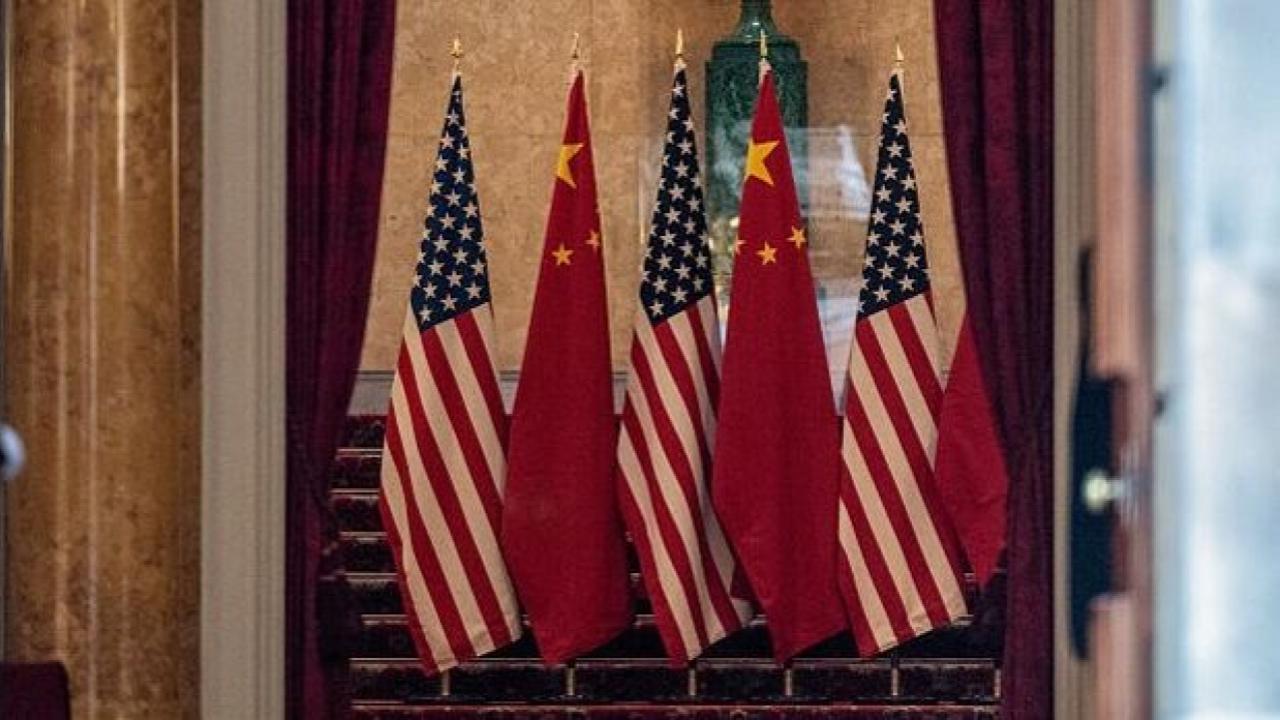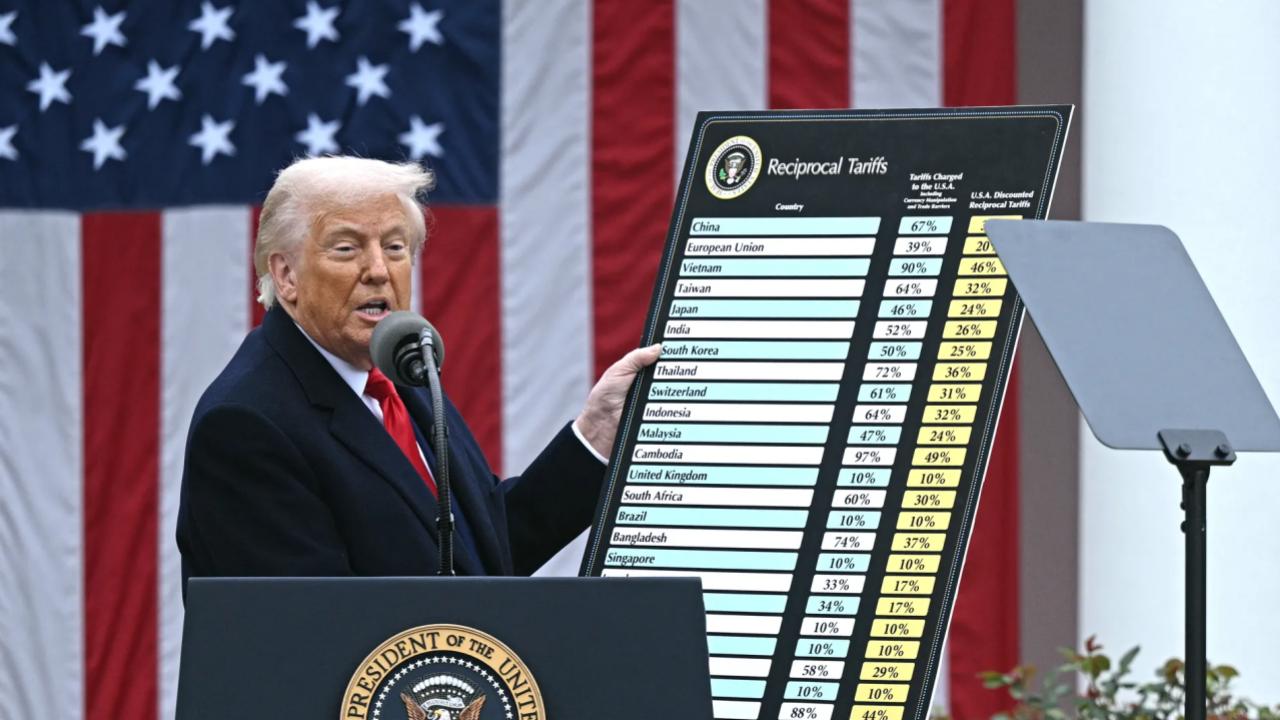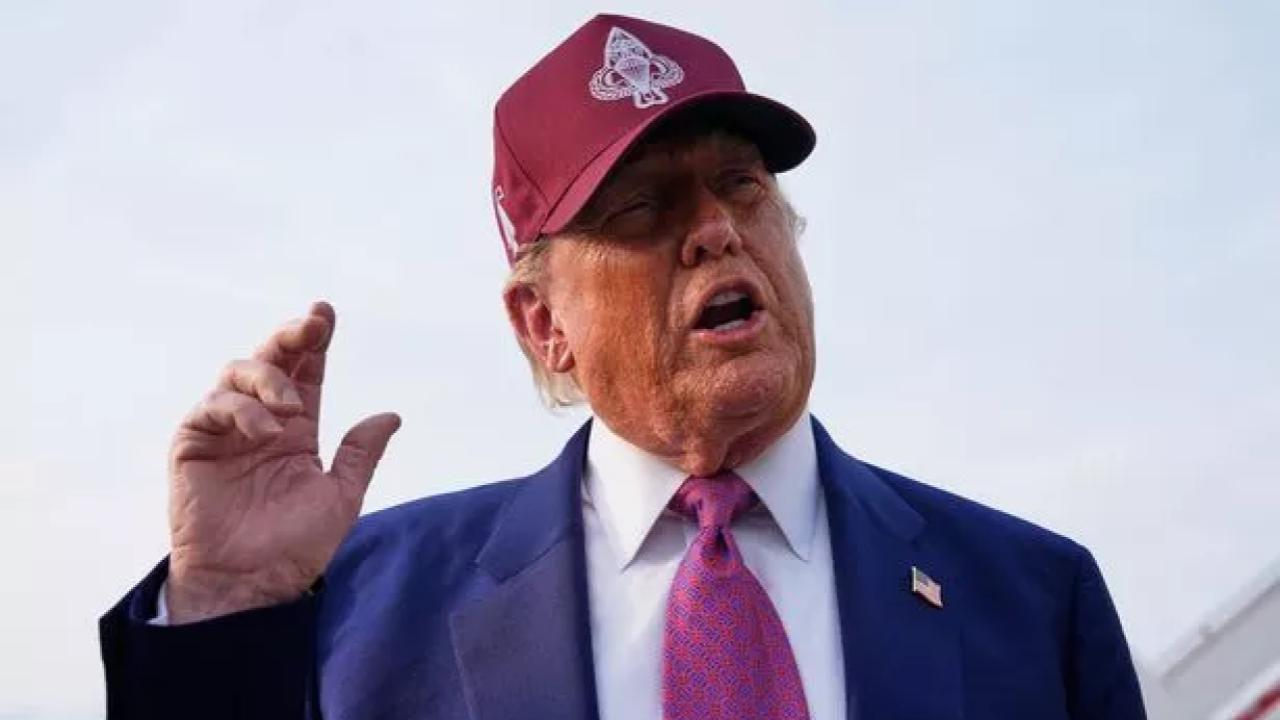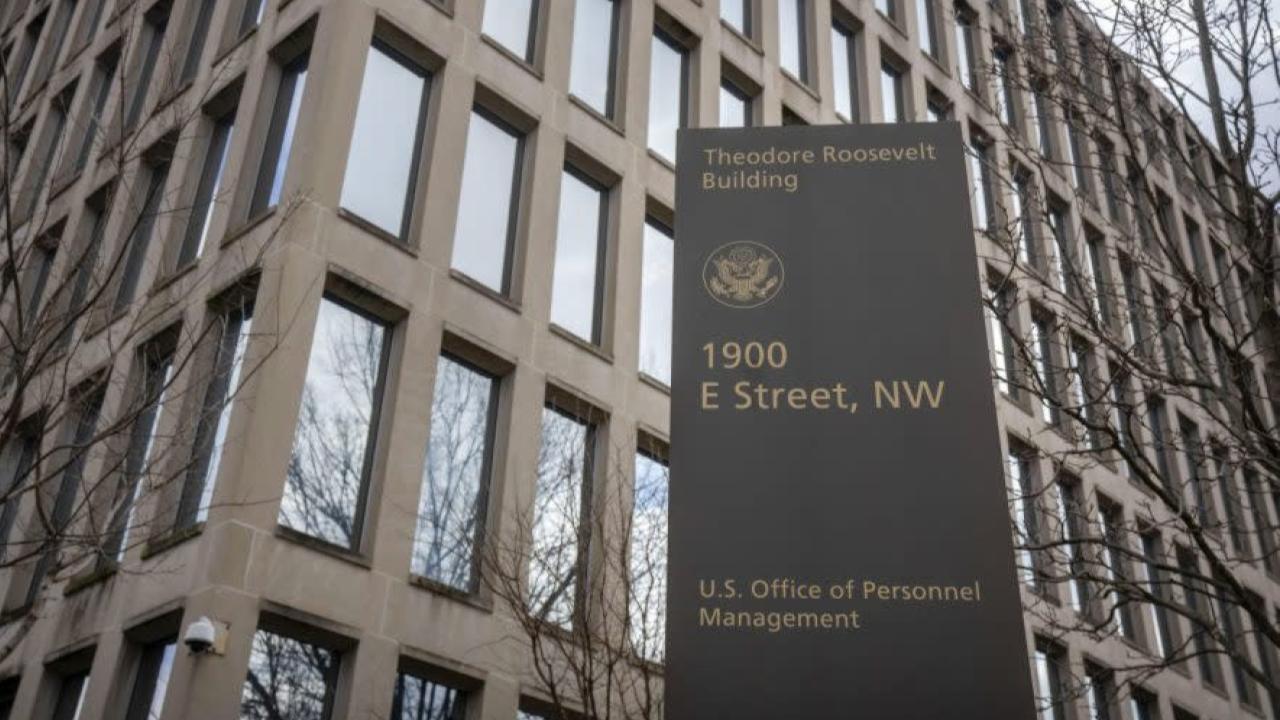In a twist that stunned political watchers and constitutional scholars alike, the U.S. Supreme Court handed the National Rifle Association a unanimous win in late May—ruling that government regulators can’t bully private companies into cutting ties with politically controversial groups. The case, NRA v. Vullo, may look like a narrow gun-rights skirmish at first glance. But the real story? It’s a powerful precedent that’s already undercutting Donald Trump’s signature tactic: punishing perceived enemies with executive muscle.
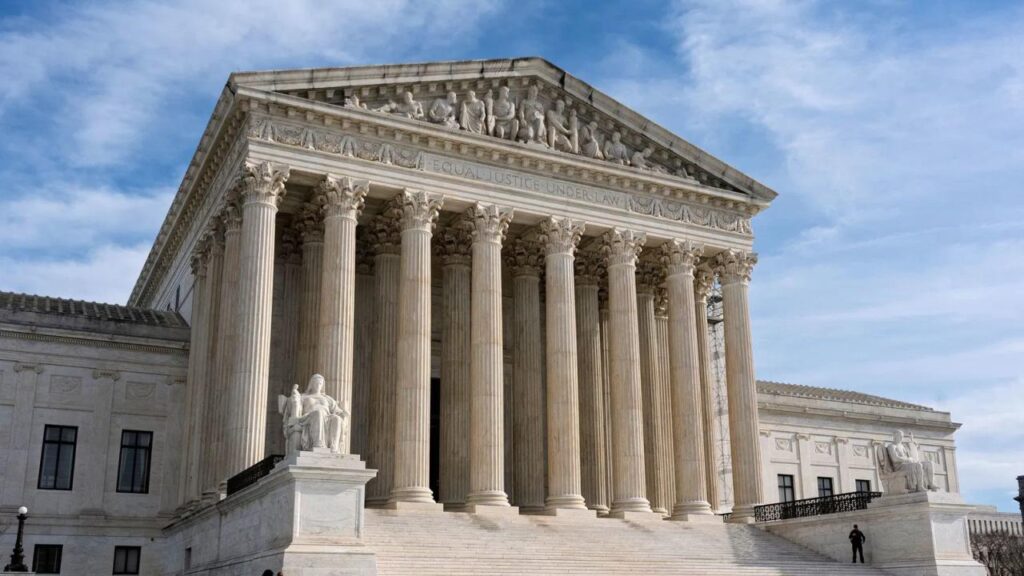
A Victory for the NRA, a Nightmare for Trump
| Takeaway | Stat |
|---|---|
| SCOTUS ruled unanimously in favor of the NRA | 9–0 decision |
| Case hinges on First Amendment coercion by a government official | Vullo pressured insurers post-Parkland shooting |
| Ruling now being cited in legal challenges against Trump-era retaliation orders | Used in at least 3 federal cases |
The Supreme Court’s Vullo ruling is a rare judicial moment that simultaneously boosts a controversial group and undercuts political revenge tactics. It’s a timely reminder that free speech protections apply to everyone—whether you’re in the NRA or marching against it.
What the Supreme Court Actually Said
In NRA v. Vullo, Justice Sonia Sotomayor wrote for a unanimous bench: government officials “cannot use the power of the State to punish or suppress disfavored expression.” The NRA had accused Maria Vullo—then superintendent of New York’s Department of Financial Services—of strong-arming insurers into cutting ties with the organization following the 2018 Parkland high school shooting.
At the time, Vullo warned insurers of reputational risks and allegedly implied that those who complied with distancing themselves from the NRA would face less regulatory scrutiny.
Lower courts initially sided with Vullo, saying she was within her rights. But the Supreme Court reversed that, breathing new life into the NRA’s lawsuit and sending it back for trial.
“We’re not just talking about one political issue—we’re protecting the right of advocacy itself,” said Eugene Volokh, a leading First Amendment scholar.
Free Speech: From Bullets to Broader Battles
While this ruling centers on gun rights, its implications go much further. Legal experts say the decision sets a nationwide precedent: public officials—left, right, or otherwise—can’t use regulatory threats to shape public discourse.
Here’s where it gets really interesting. Lawyers representing liberal law firms like Perkins Coie, often targeted by Trump for representing his critics, have started citing the Vullo ruling to block federal retaliation orders. That’s right—the NRA’s case is now defending some of Trump’s harshest adversaries.
A federal judge recently ruled in favor of a nonprofit targeted by a GOP-led state administration, quoting Sotomayor’s line almost verbatim. The message: viewpoint-based government coercion is unconstitutional, no matter who the target is.
What This Means for Trump’s Legal Strategy
Former President Donald Trump has often floated executive orders aimed at punishing firms or organizations that oppose him. But the Vullo ruling makes that strategy harder to pull off. Any government move perceived as coercive or punitive based on ideology could now be flagged as a First Amendment violation.
Alex Abdo of Columbia’s Knight First Amendment Institute explained it well: “We’re seeing courts apply that principle where the politics are very different than the NRA case. That’s a huge win for civil liberties.”
This puts Trump—and any future president hoping to use regulatory threats to punish enemies—on notice.

A Rare Moment of Judicial Unity
What makes Vullo even more striking is that it united the court’s ideological wings. Every justice, from Clarence Thomas to Ketanji Brown Jackson, agreed: even controversial voices have a constitutional shield when government officials overreach.
As someone who’s covered Supreme Court decisions for over a decade, I can say this sort of 9–0 outcome on a politically explosive case is rare—and speaks volumes. When you get both Justices Sotomayor and Alito nodding in sync, it’s not just law. It’s a statement.
What Happens Next?
The NRA’s case will now return to a lower court, where a trial will determine if Vullo’s pressure campaign actually crossed constitutional lines. Regardless of outcome, the legal standard has been reset. This case will echo in law schools, courtrooms, and advocacy playbooks for years.
Why You Should Care—Even if You Hate the NRA
Let’s be real: not everyone reading this supports the NRA. But that’s not the point. The Court didn’t rule in favor of guns; it ruled in favor of everyone’s right to speak, organize, and advocate—without being shadow-punished by government regulators.
This decision underscores a vital truth: the First Amendment is there precisely to protect unpopular voices from powerful institutions.

